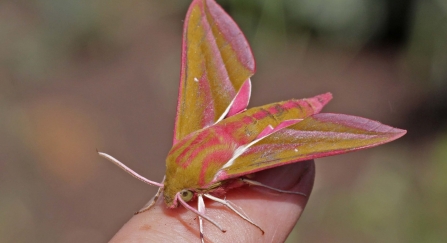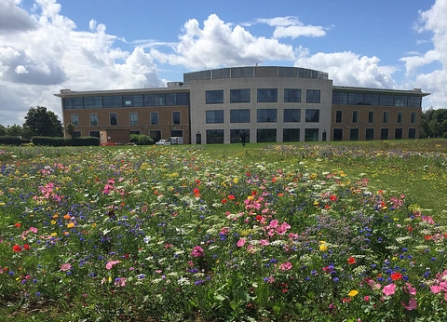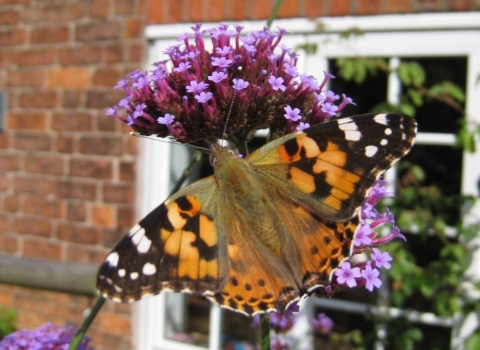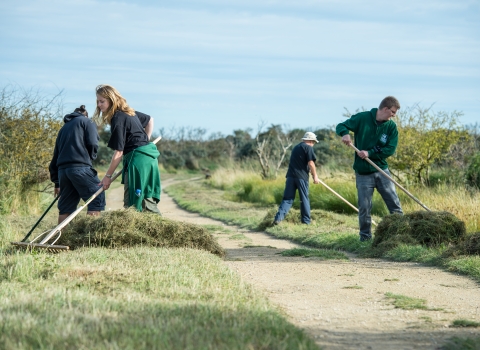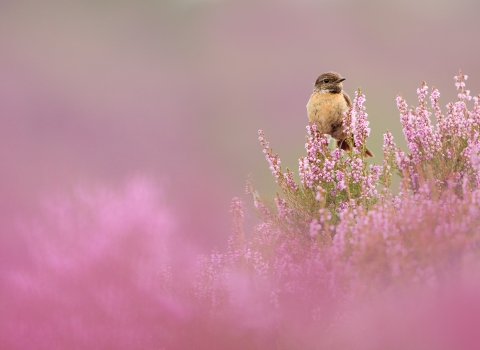As a child growing up in the West Country, I have wonderful memories of playing in wildflower meadows with the heady scent of cowslips and the loud buzz of insects. This may be nostalgia creeping in, my mind playing tricks with me. However, meadows brimming with wildflowers and insects are certainly much scarcer in the UK than they once were. Moreover, we’ve seen many recent headlines about how insects and pollinators are now in steep decline across the globe.
Throughout my career, I have been very fortunate to spend considerable amounts of time in some amazing places in tropical landscapes. The fauna and flora there was incredible. However, it was the insects that really blew me away. The sheer variation and diversity was astounding; flies with eyes on stalks, moths the size of my hand, not to mention the sheer beauty of the butterflies, flies, wasps and beetles.
There are still thousands of insect species that are being discovered that are new to science. During my work at Kibale Forest in Uganda, I was deeply honoured to have a new species of wasp named after me. Ok, so I know that wasps aren’t everyone’s favourite, but to me this brought home just how much we’re still learning and finding out about our natural environment. There is so much that we still don’t know about these tropical ecosystems and the complex ecological interactions which are now under increasing pressure due to the drivers of land use and climate change.


